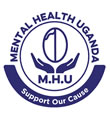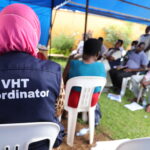In early 2020 MHU identified the value of existing structures with VHTs whose main role is to mobilize communities for better health services, hence bridging the gap between communities and health facilities. Other specific roles of VHTs include: conducting home visits, distributing health commodities, and conducting referrals to health facilities.
Following this, MHU in December 2020, trained 20 VHTs from the five divisions of Kampala City in identification and referral of homeless women with mental health challenges to the relevant health facilities. MHU developed and shared referral forms with VHTs during the training to ease referral and follow ups.
MHU empowered the VHTs to support reintegration of the homeless women into the communities through assigning VHTs to peer support groups within the communities.
In March 2022, MHU trained 31 more VHTs in the provision of basic mental health services. In total 51 VHTs have been trained to support homeless women with mental disabilities in Kampala District.
In September, MHU went ahead to train 50 VHTs from Rubaga and Makindye Divisions in order to icrease reach for mental health referall and support to homeless women with mental health problems in those communities.

The training sessions involved sharing about what MHU as an organization does as well as the roles and responsibilities of the VHTS and how they will play a part in protecting the rights of persons with mental health problems in their communities.
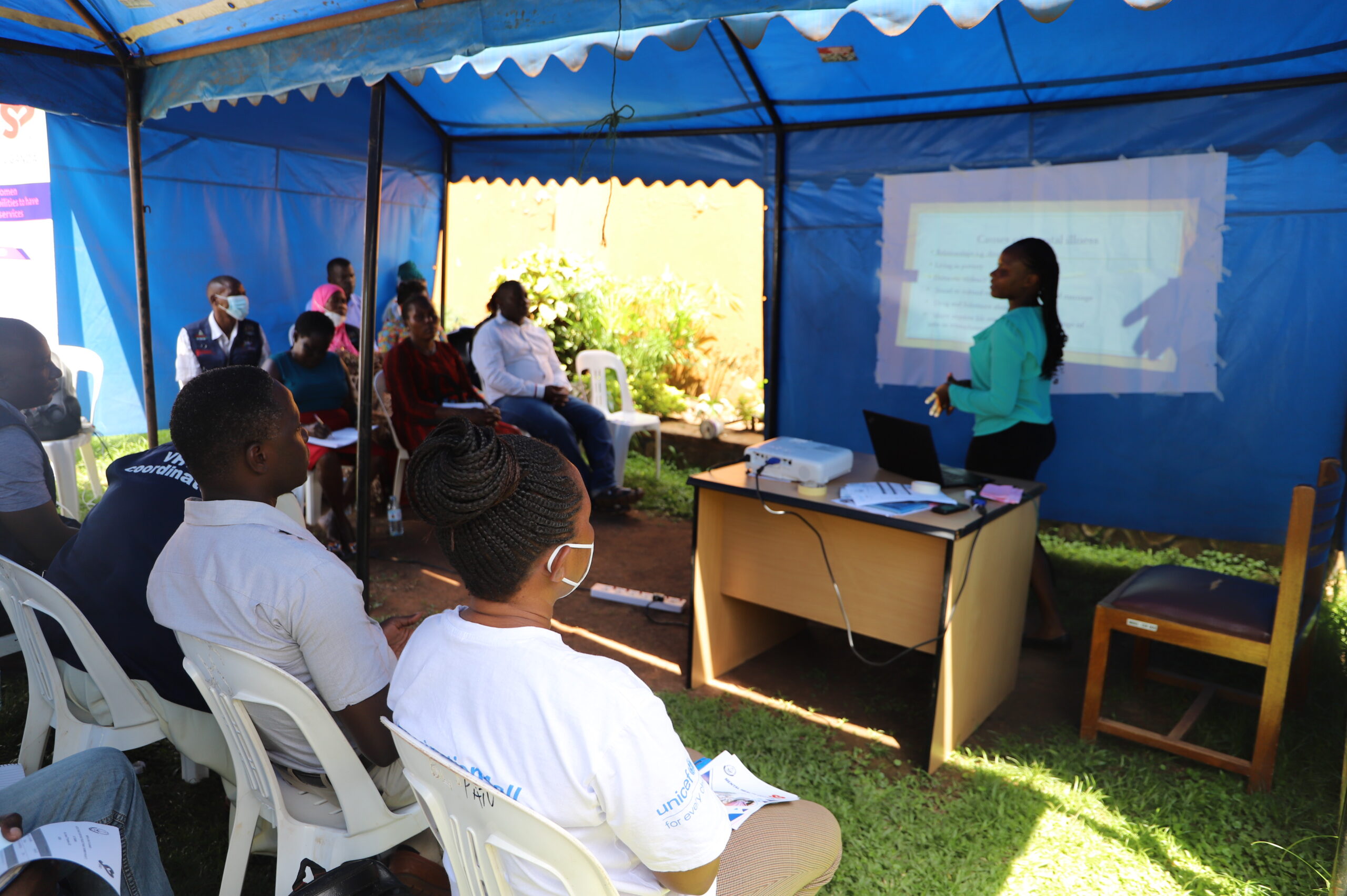
The sessions were very interactive with VHT’s sharing their experiences from the community as well as the different myths and misconceptions that are held about mental illness.
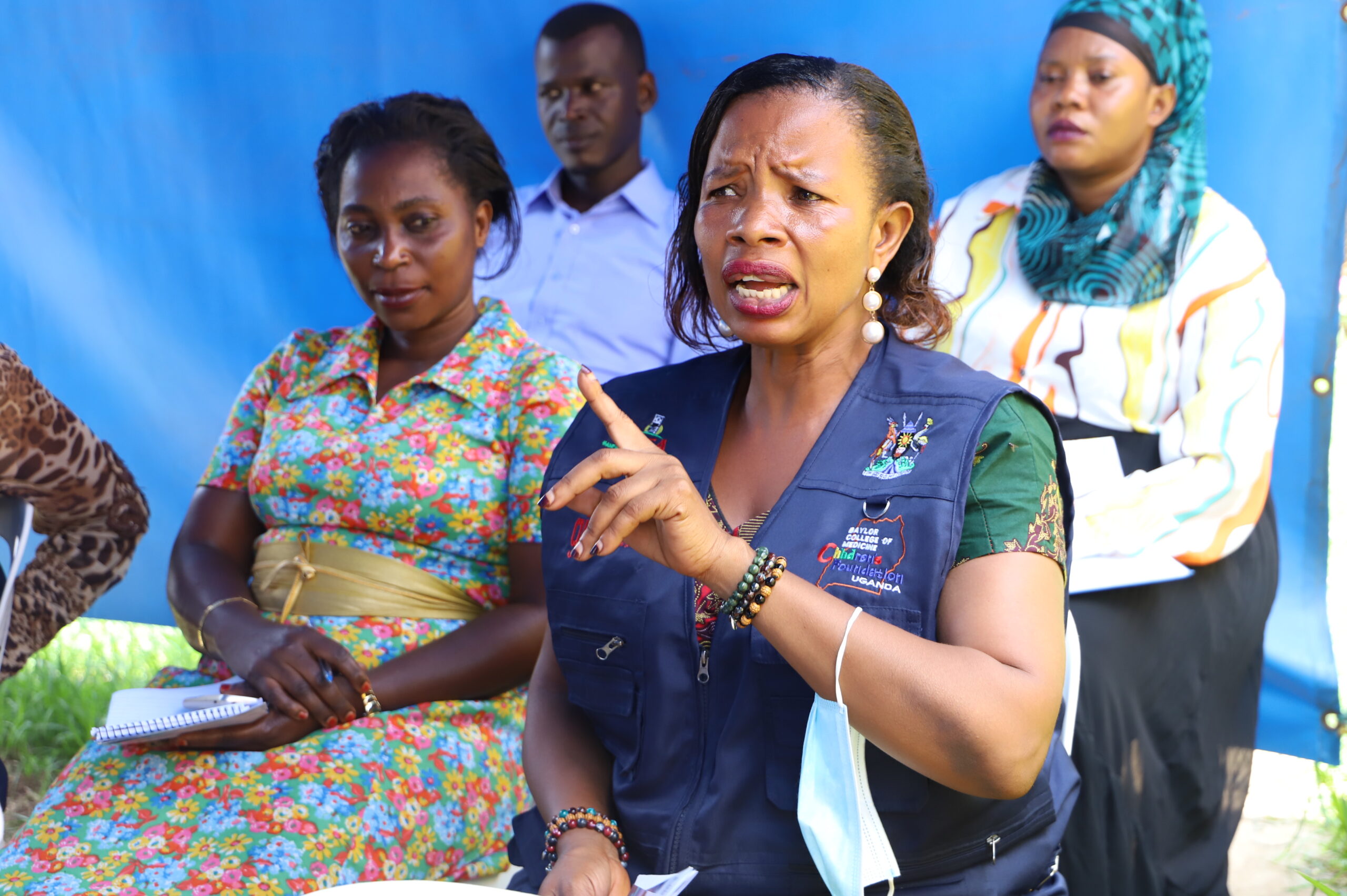
In addition, the VHT’s were able to share amongst themselves about the best practices for supporting person with mental health problems in their communities. These included being kind, offering support to caretakers when they get frustrated as well as guiding community members not to practice human rights abuses like tying up persons with mental health problems.
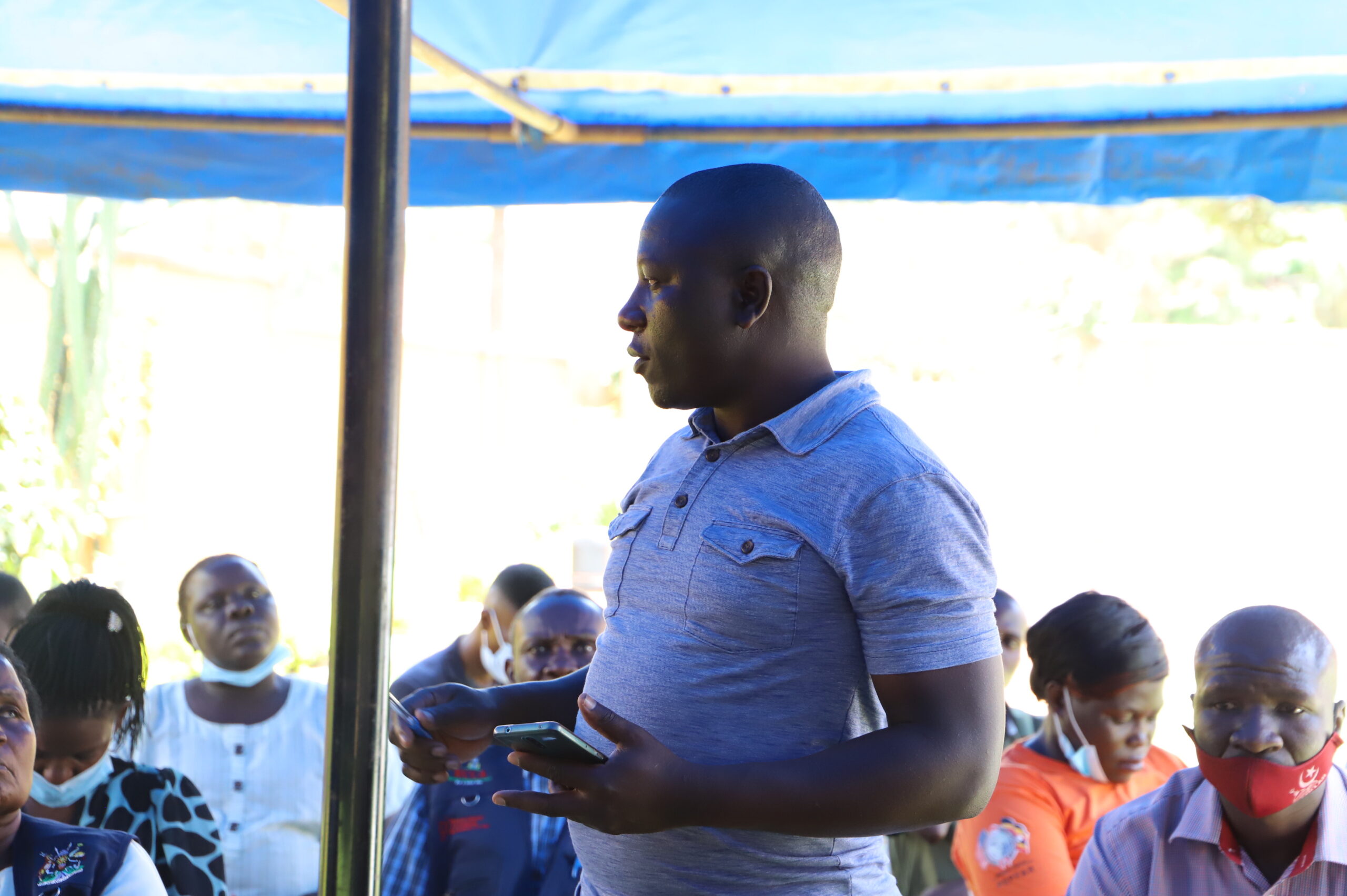
The VHT’s also received contacts of facilities and partners where they could refer clients for support within their communities.


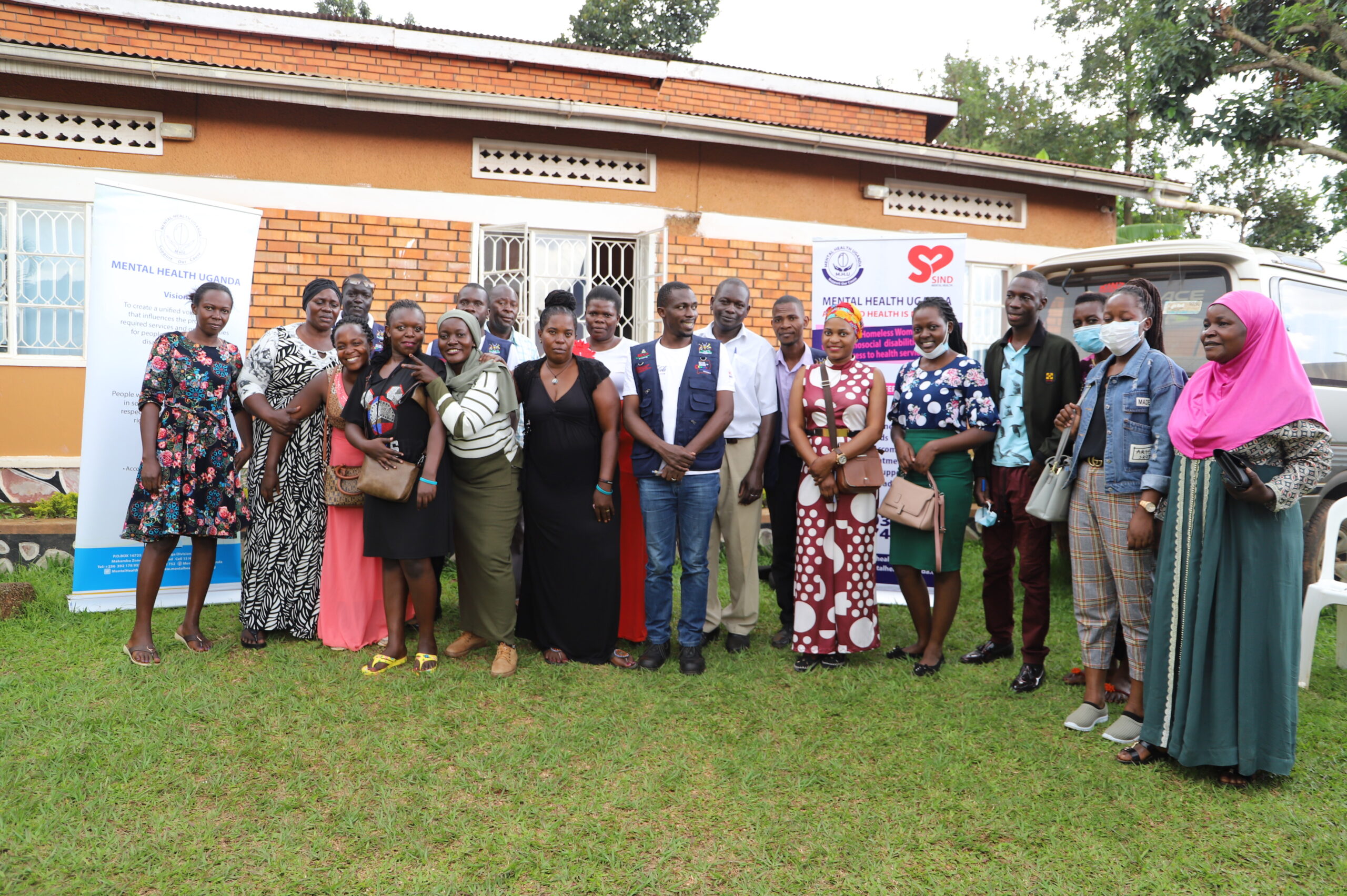
The VHT’s pledged to work hand in hand with MHU and other partners to ensure that they continue to sensitize their communities about mental health and ensure that homeless women with mental health problems are supported to access care and rehabilitation.
These trainings were made possible through funding from SIND Mental Health in Denmark.
